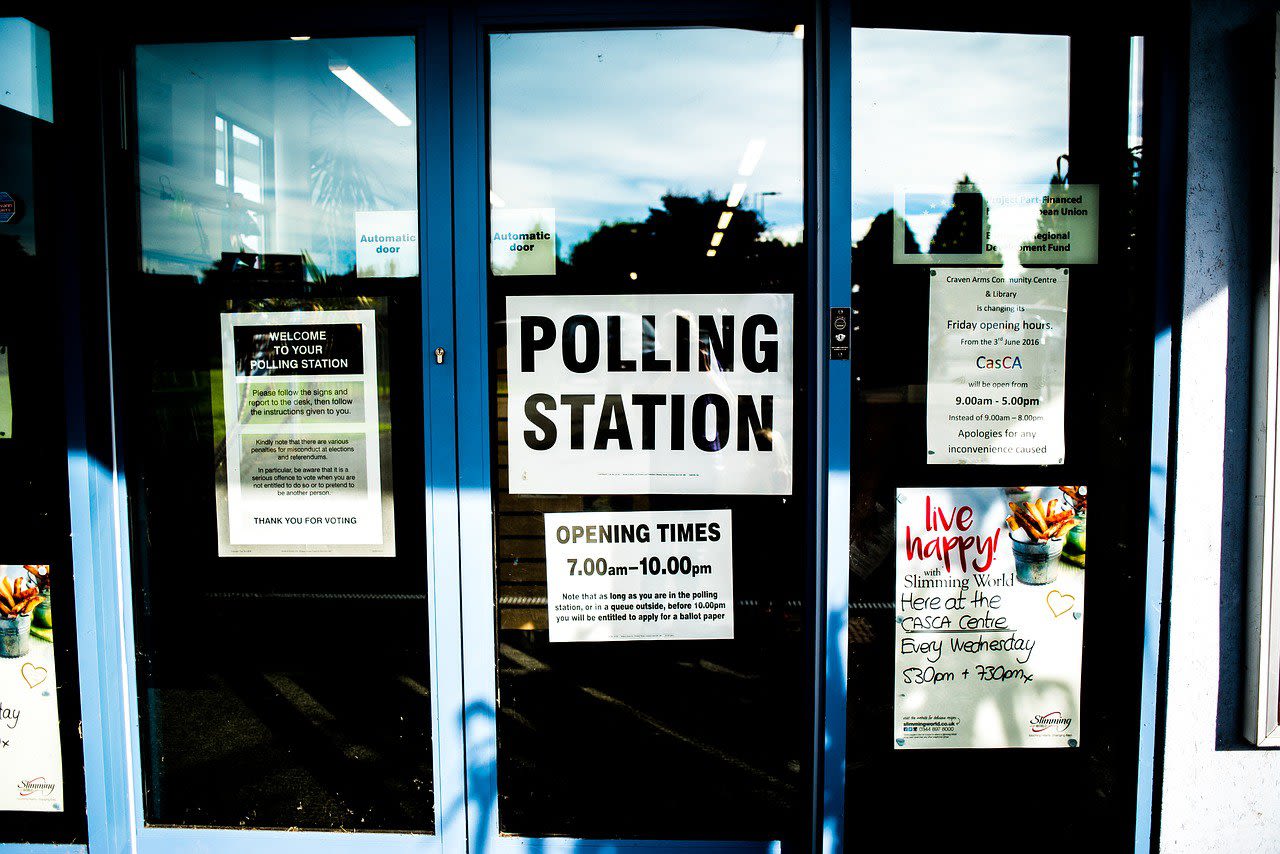
SHOULD FELONS HAVE THE RIGHT TO VOTE?
The Stage Is Set
Across the U.S., change in the law is underway concerning the right of people convicted of felonies to vote in government elections. Because each state deliberates this issue independently, the results vary between states, and sometimes even within states over time, as newly-elected governors modify or rescind outright the orders of their predecessors. With over six million people in the country now subject to felony disenfranchisement, the impact of this policy cannot be ignored. After what atonement, if any, should we restore to felons the civil right of voting? What lessons can we learn from history and from other countries as we make our decision? And what are the downsides, if any, of being too lenient in the matter, or too harsh?
A Little History
As you might expect, stripping criminals of the ability to vote is an old tradition. In ancient Greece, judicial officials would sometimes impose a condition of disgrace, or “civil death,” upon people guilty of crimes deemed unforgivable. Among the disadvantages of this condition was the loss of voting rights. Ancient Rome had a similar provision for criminal offenders, and some medieval European judicature denied convicts not only participation in civil affairs—a formality, since the average citizen didn’t get to participate much either—but any benefit at all arising from the government: once so excluded, a person no longer had the slightest protection under the law, and others could steal from or murder them without consequence. Centuries later, expanded to include matters of property inheritance, the practice of civil death continued in the law of the American colonies.
The International Perspective
That brings us to the present day. Countries around the world have adopted different rules about criminals’ right to vote, but of all democracies America has instituted perhaps the most severe version of felony disenfranchisement. No other democratic state bans people with felony convictions from voting after they have discharged their prison sentence and probation; most allow these people to vote while they are still incarcerated, unless a court order specifies otherwise or their crime relates to the disruption of an election. Only two U.S. states, Maine and Vermont, use a model by which there are no restrictions on felons’ voting rights; 38 others disqualify people from voting during various post-incarceration stages of criminal sentences; and the rest disqualify some or all felons forever.
What Do We Do?
Should we change our disenfranchisement policies? Like so many criminal justice questions, the answer will depend on our general strategy for dealing with people who break the law. Do we want to punish those people, to break their spirit and mark them with shame permanently? Or do we want to rehabilitate them in the hope that they will one day contribute to the common good? We have written before on the scientific evidence in favor of rehabilitation, which, combined with evidence increasing by the day from other countries that shows no harm in refraining from felony disenfranchisement, leads us to conclude that U.S. states should at least take a serious look at reforming their stance in this issue.
For more information: https://www.sentencingproject.org/publications/felony-disenfranchisement-a-primer/